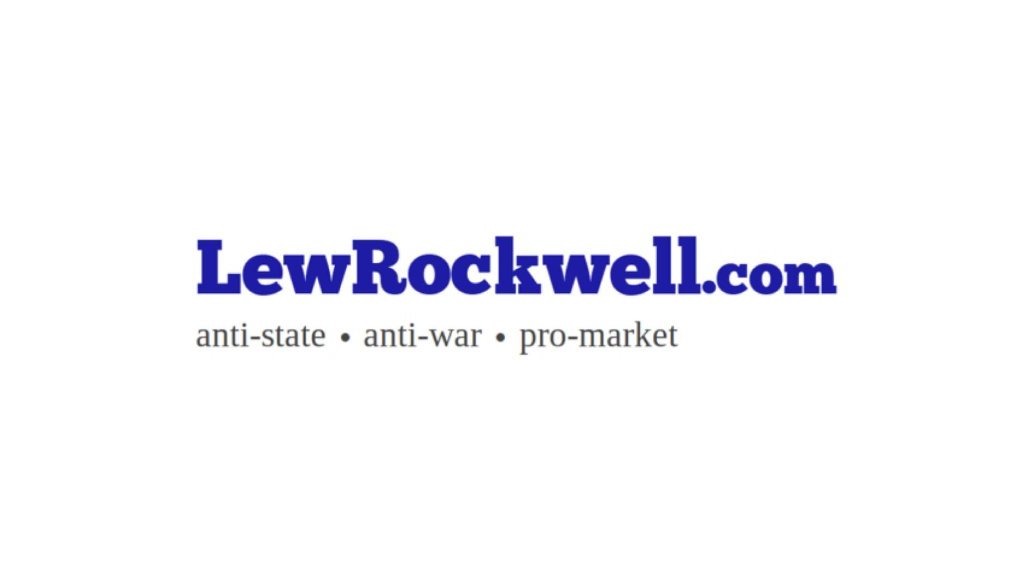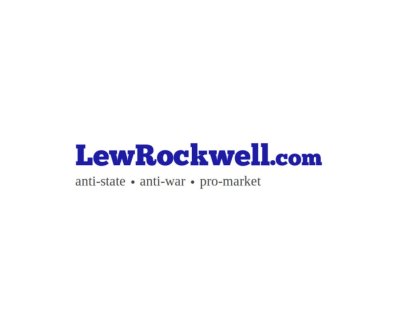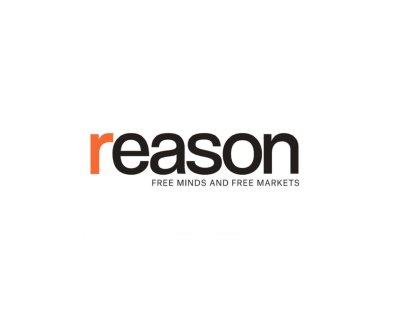NATO’s 5% of GDP Military Expenditures Is a 100% Indefensible and Stupid Idea
Pathological groupthink towards a war economy.
This is a re-posting of my critical analysis from January 2025 below. It has become even more relevant with NATO’s Hague Summit, June 24-25, during which this absurd measure was increased to 5% of GNP to be reached within the next 5-10 years. For a country like Denmark, this will amount to an estimated 10% of the state’s budget!
This comes on top of what IISS let you know here:
“European defence spending jumped by 11.7% in real terms to reach USD457 billion, with 2024 marking the tenth consecutive year of growth.”
The same source estimates Russia’s 2024 military expenditures to be US$ 146 billion (or 462 if calculating it by purchasing power parity (PPP)).
Currently, none of these NATO/EU leaders have a clue about how to finance it except by taking loans (to be paid back by future generations) and reducing expenditures for a broad range of civilian purposes, such as health, education, and culture.
It will mean a further reduced capability to compete globally in terms of research, innovation, and global problem solving – such as the climate and poverty. It will, in short, give the 88% living outside the West a great boost, and sink the West even faster.
NATO’s leaders will, thereby, bring us everything but security, peace and cooperation. Their “decisions” will, whether knowingly (cynics) or not (ignorants), only bring misery and increase the risk of war in Europe, if not beyond.
This means more than a doubling of already very high military expenditures. The percentage policy relieves NATO members and their governments from doing any serious, intellectually decent threat analysis (see below how it should be done). It is enough in these dark times to just refer to Russia as a threat.
They also know that there is not one journalist around who would ask questions about that all-simplifying, politico-pathological Russia-hating reference. The selected mainstream media are all militarism-promoters.; you never hear a NATO-critical question at the S-G’s press conferences.
The Simple Facts No One Talks about
Regarding NATO and Russia’s military capabilities, please see this. NATO is leading big on every indicator. Concerning military expenditures, Russia’s are US$146 (or US$ 462 if you want the largest possible figure, see above), while NATO’s total expenditures are US$ 1,470 billion. (NATO comprises 32 countries, which account for about 60% of the world’s 190 countries.)
This makes a Russia:NATO ratio of 1:10 as of today!
But that is not enough. The arms-addicted NATO/EU leaders want an increase from 2 to 5% of GNP – or, let’s say, a doubling over the next decade. While neither NATO nor I know how Russia’s military expenditures will develop over that decade – they do serious qualitative threat analysis and not GNP percentages – NATO’s decision about the 5% aims at making NATO’s military expenditures 20 times higher than Russia’s.
If NATO/EU needs 10-20 times more money than Russia to be able to fight Russia, we are witnessing the world’s lousiest economy in action: 10-20 times the Bucks to make the same Bang!
In passing, let me add that, of course, many other factors also determine security, strength, and who would win in a war. However, in light of what I have just communicated to you, I dare to call this 5% measure absurd, irrational, and perverse, even pathological as a policy.
NATO’s Glamour Covering Intellectual Emptiness
Look at it as theatre. They arrive in limousines with high security for themselves. They dress elegantly and are guests of the royal co
Article from LewRockwell

LewRockwell.com is a libertarian website that publishes articles, essays, and blog posts advocating for minimal government, free markets, and individual liberty. The site was founded by Lew Rockwell, an American libertarian political commentator, activist, and former congressional staffer. The website often features content that is critical of mainstream politics, state intervention, and foreign policy, among other topics. It is a platform frequently used to disseminate Austrian economics, a school of economic thought that is popular among some libertarians.




